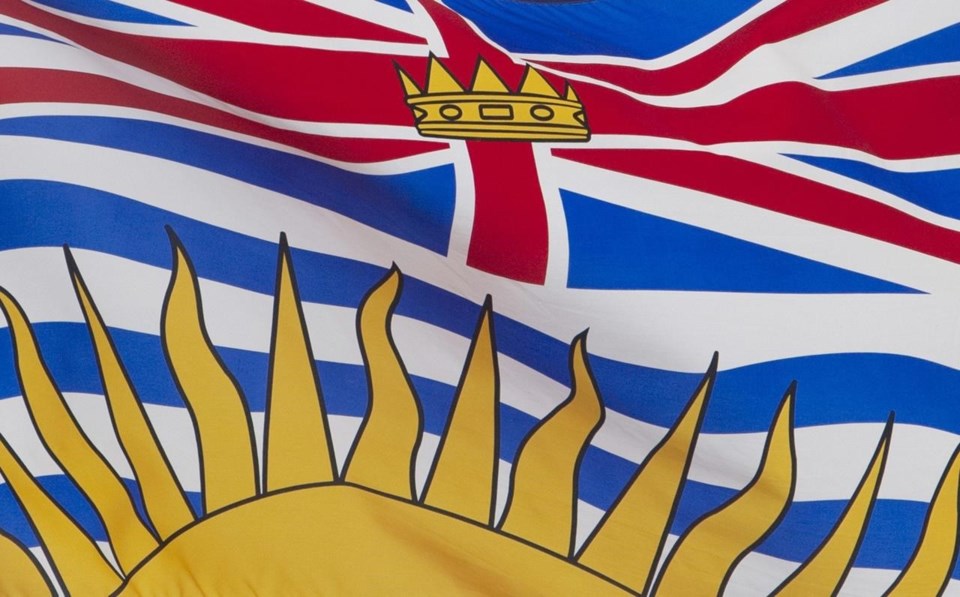BARRIÈRE, B.C. — The mayor of a small community in British Columbia's southern Interior is calling for flexibility around which first responders are allowed to take patients to hospital after an infant reportedly died while waiting for an ambulance.
Mayor Ward Stamer said his community of Barriere, B.C., has a first responders' society with a vehicle that can respond when the BC Ambulance Service can't, but they're not allowed to transport patients to hospital.
He said that has to change as the community grapples with gaps in service that mean first responders might not be available when someone calls 911.
In an interview on Monday, the mayor said he hadn't been told how long it took paramedics to respond to the call about the infant last Thursday.
He could not provide details of what happened, saying only that there had been a "critical care incident" involving a young child who died.
Stamer said all he knows is based on whatTroy Clifford, the president of Ambulance Paramedics of BC had told media — that there had been a fully staffed vehicle in Barriere, but it was diverted south to help in Kamloops.
There's normally one ambulance in Barriere and two in Clearwater, about 60 kilometres north, but they're shared throughout the region, Stamer said.
"From what I understand, there was only one car for all of Kamloops on that Thursday night, and that is why ours was taken from us," he said.
The service does not tell the local government when the ambulance that's based in Barriere is being diverted elsewhere until afterwards, he said.
Clifford had spoken to media over the weekend about the death of an infant, but said Monday that requests for details about response times and matters related to coverage across communities were being referred to BC Emergency Health Services.
It's "heartbreaking to hear reports that an ambulance and paramedics were not immediately available in someone's time of need," he said in a statement.
Clifford said his organization would continue to address a "provincewide staffing crisis," adding it's leaving communities like Barriere without appropriate ambulance coverage for long periods of time.
"This is easily one of the worst situations anyone can imagine," he said, referring to the child's death.
BC Emergency Health Services said it's reviewing the circumstances of the "heartbreaking loss."
The agency said it received a call to respond to a patient at a home in Barriere on Thursday.
It said the closest available ambulance was immediately dispatched, while local firefighters were also called to assist with the call.
The agency did not confirm the patient's age or cause of death, but said it has opened a review into the call and it will work with the patient care quality office to reach out to the family and address any questions or concerns.
The statement from BC Emergency Health Services said its "deepest condolences go out to the family and the community."
Stamer described a situation about two weeks ago, when a woman in Barriere had a stroke when the ambulance service wasn't immediately available. The woman's daughter was pulled over by the RCMP for speeding while taking her mother to hospital in Kamloops, about 66 kilometres away, and the Mounties ended up escorting them, he said.
"We've all got stories like that," he said of rural communities across B.C.
Stamer said there's a "higher level of anxiety" in Barriere as residents don't know what level of ambulance service might be available on a given day.
"Should we be getting our residents prepared, like an evacuation alert, so you've got a full tank of gas so you can throw somebody in the pickup and take them to town? That's kind of where we're at sometimes," he said.
Stamer said he and other mayors from communities in B.C.'s Interior are talking about coming together at the Union of B.C. Municipalities meeting next month to try to catch the ears of provincial authorities.
"We're not trying to point fingers here and we're not blaming anybody," he said. "We just want to be able to sit down and see if we can have a constructive meeting, to see if we can come up to some short-term solutions to the problems that we're all facing in these communities."
— By Brenna Owen in Vancouver
This report by The Canadian Press was first published Aug. 29, 2022.
The Canadian Press



